I'm an amateur tinkerer of electronic components, and was wondering if a product like I'm about to describe exists for testing components.
Say you have an arduino pro mini board. You want to access the FTDI pins for flashing, but ultimately are going not to solder those pins to something else. As I know it now, I have to solder header pins to it to connect the FTDI programmer, then I after I'm done with all of that I can use those pins to solder it to whatever it needs to be a part of. But say I just want to program the board without soldering header pins, so I could reuse it in an application where those original pins wouldn't need to be connected. Is there some sort of clamp or something that has a bunch of pogo pins (or whatever) that would make contact with the board, then have exposed pins on the top where I could plug the programmer in? It would be the equivalent of an IC test clip, but for boards with pins.
I can't seem to find it on Google. Does this exist, and if not, why not?!
